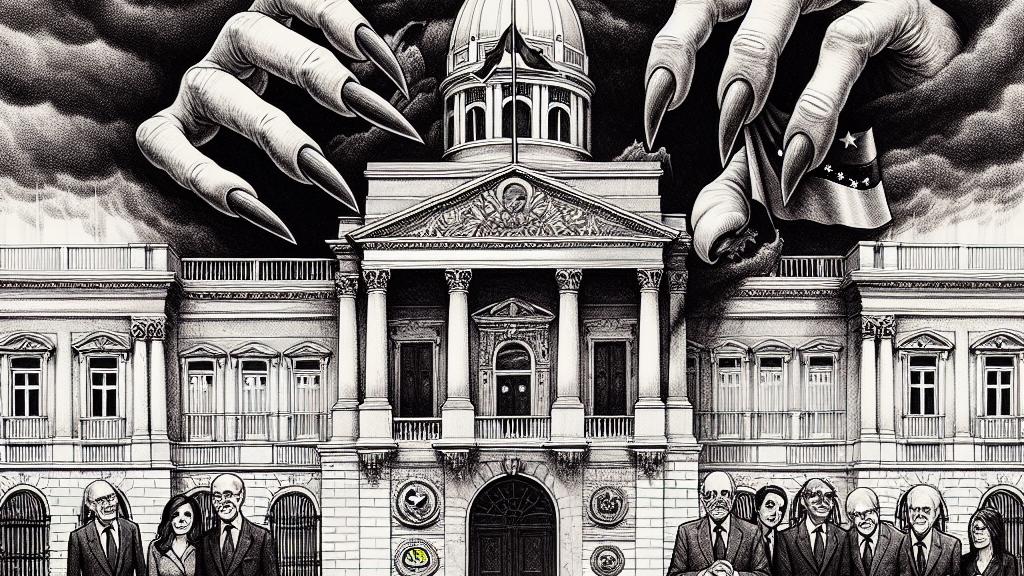Venezuela Pulls the Plug: Brazil's Custody of Diplomatic Asylum Under Threat!
Overview
- Venezuela's unexpected decision to revoke Brazil's representation sends shockwaves through diplomatic circles.
- Six political opponents of Maduro, once sheltered, now find themselves in a perilous situation.
- The escalating political crisis raises serious questions about the integrity of Venezuela's electoral process.

A Diplomatic Earthquake
In a bold and startling diplomatic maneuver, Venezuela has abruptly terminated Brazil's role in representing Argentina’s interests within its borders. This shocking development puts six political adversaries of President Nicolás Maduro at grave risk. Previously residing in the relative safety of the Argentine ambassador's residence, these individuals are now vulnerable and exposed to the regime's repressive tactics. The Venezuelan Foreign Ministry has alleged, albeit without presenting tangible proof, that these asylum seekers conspired to commit violent actions against the state, painting them not just as refugees, but as alleged criminals in a high-stakes political drama.
Turbulent Political Waters
The already tumultuous waters of Venezuelan politics have become even choppier following a contentious presidential election. Maduro's critics vehemently accuse him of rigging the vote to retain power, igniting protests and widespread dissent. This environment of volatility has compelled Brazil, under President Luiz Inácio Lula da Silva, to navigate a treacherous diplomatic landscape. Lula's approach resembles a tightrope walk, as he strives for regional cohesion while openly condemning Maduro’s blatant disregard for human rights. Such balancing acts reveal the intricate web of interests and ideologies that define Latin American politics today.
Global Implications and Responses
The international community, stirred into action by Venezuela's shocking decision, has reacted with a mixture of indignation and concern. Nations like Brazil and the United States have vocally denounced Maduro's oppressive measures. Brazil's astonishment at this drastic diplomatic shift underscores the need for safeguarding the rights of political dissidents. Take, for example, the disturbing case of María Oropeza, an opposition leader seized live on social media by security forces, her fate now uncertain and her plight a chilling reminder of the regime’s heavy-handed tactics. As this unfolding saga captivates the global audience, it raises critical questions about the future of political dissent and the stability of the region, urging the international community to respond with both sympathy and strategic action.

Loading...